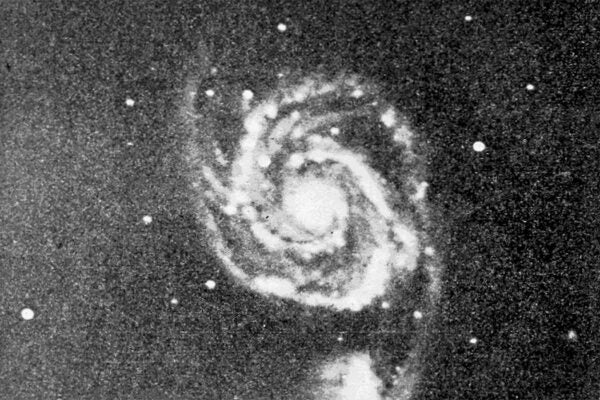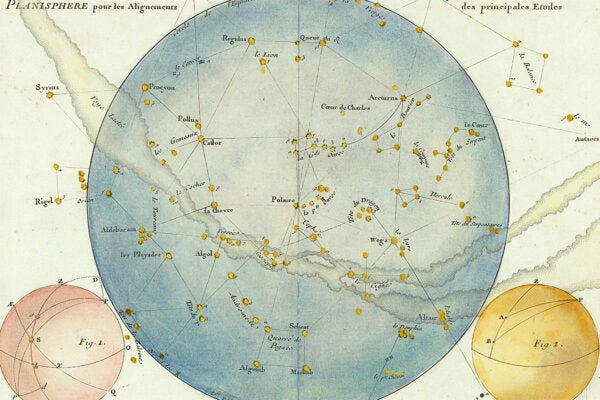The Hidden Aesthetics of Early Astrophotography
Behind the transformative star photographs of the 1880s lay a complex collaboration between astronomers and engravers.
Lite Intermediate Black Holes
Meet the supermassive black hole’s smaller, much more mysterious cousin.
Leviathan Resurrected: Illustration and Astronomy
In the 1840s, the Leviathan of Parsonstown, built by William Parsons, third Earl of Rosse, became the largest telescope in the world.
Spider in the Telescope: The Mechanization of Astronomy
John Flamsteed’s vision of an astronomer's skill set clashed with existing ideas about observing, paving the way for a new mindset based on mechanical objectivity.
John Birmingham’s Discovery of the Blaze Star
John Birmingham discovered T Coronae Borealis in the narrow window when astronomy flourished in nineteenth-century Ireland.
Saturn’s Ocean Moon Enceladus Is Able to Support Life
This research team is working out how to detect extraterrestrial cells in the liquid water ocean hidden beneath Enceladus’s icy crust.
Aurorae and the Green of the Night Sky
On the historical hunt for the origin of the enigmatic green line in the spectrum of the aurora borealis.
IceCube Detector Confirms Deep-Space “Ghost Particle” Phenomenon
IceCube scientists have detected high-energy tau neutrinos from deep space, suggesting that neutrino transformations occur not only in lab experiments but also over cosmic distances.
How the Universe Forges Stars from Cosmic Clouds
A deep dive into the chaotic journey of star formation.
MeerKAT: The South African Radio Telescope That’s Transformed Our Understanding of the Cosmos
MeerKAT has emerged as a beacon of innovation and opportunity on the African continent.









